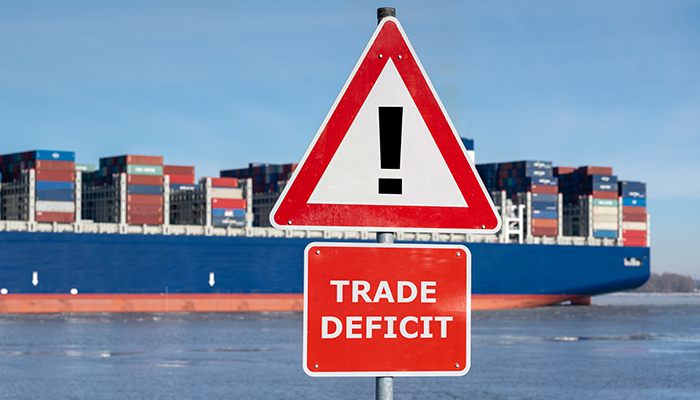What Is a Trade Deficit?
A trade deficit is when the imports in a country exceed the exports in a given time. More imports are a negative trade balance. Attaining balance is vital, though it calculates the transactions of different categories such as goods, services, and more.
Trade deficit advantages and disadvantages
Advantages
Foreign investment
The advantage of a trade deficit is a large capital inflow. It is the attraction that comes in as foreign direct investment. The flowing of money to pay for imports helps pay for new capital as a productive investment. For instance, Americans 2019 bought more goods and services from abroad. But foreigners sent the right amount back to help build factories and infrastructures for American businesses. It led to an increase in growth and more job creation.
Comparative gain
Comparative benefit for a country is when it produces services or products cheaper than others. A country specializing in car production is doing so to give it at cheaper prices than others. But if another country specializes in phones, it is also for a similar reason. It means specialization with trade for both countries results in buying more cars and phones, thereby finance management. Thus, it is an increase in global wealth, and both countries enjoy the benefits of expansion, trade, more jobs, and employment.
Promotes living standard
Increase in the living standard means ensuring the availability of various products through import if the country cannot produce them. A country having access to services and goods can get them at competitive prices. Importing valuable services and goods for the exchange of money ensures business growth. Trade deficit allows consumption more than its production. It helps nations to avoid goods shortages and imports from other nations.
Disadvantages
Foreign ownership
A country running trade deficits means it gives other countries to buy the capital of that nation. It attracts foreign investments, creates jobs, increases productivity and business growth, and has negative effects. It involves buying existing businesses, and when the buying continues, it will eventually reach into the ownership of foreign investors.
Not safe for developing countries
A developing country boosts the domestic market focusing on export than imports. As the imports aim more to fulfill the citizen’s living standard or demand, it leads to economic deflation. Domestic products compete and lower the price, affecting productivity growth. It does not help the domestic market, and the foreign product’s popularity hurts the survival of the domestic market.
Downfall in currency value
The currency value falls with trade deficits. The cost of imported goods increases resulting in inflation. Trade deficit affects finance management in the domestic currency to flow out to the foreign markets. Thus, there is a decrease in the world market currency value. A country selling exports exchanges foreign currency payments for domestic money. It makes domestic currency stronger. However, trade deficits are not beneficial. It contributes to weaker currency as it develops the need for surpluses and requires repaying foreign investors.
Job outsourcing
Goods bought from outside or imported, leaving the domestic market leads to reliance on foreign countries. When the import is more trade deficit happens. Domestic industries or business shrink causing domestic jobs to decrease. The job opportunities decrease the domestic goods use and productivity growth. The value of services and goods produces in a country allows for measuring the GDP. While selling less abroad and buying more from abroad shows the production within a country is less. Precisely, the jobs become fewer, and the trade deficit will have serious effects if it sustains and affect domestic employment.



